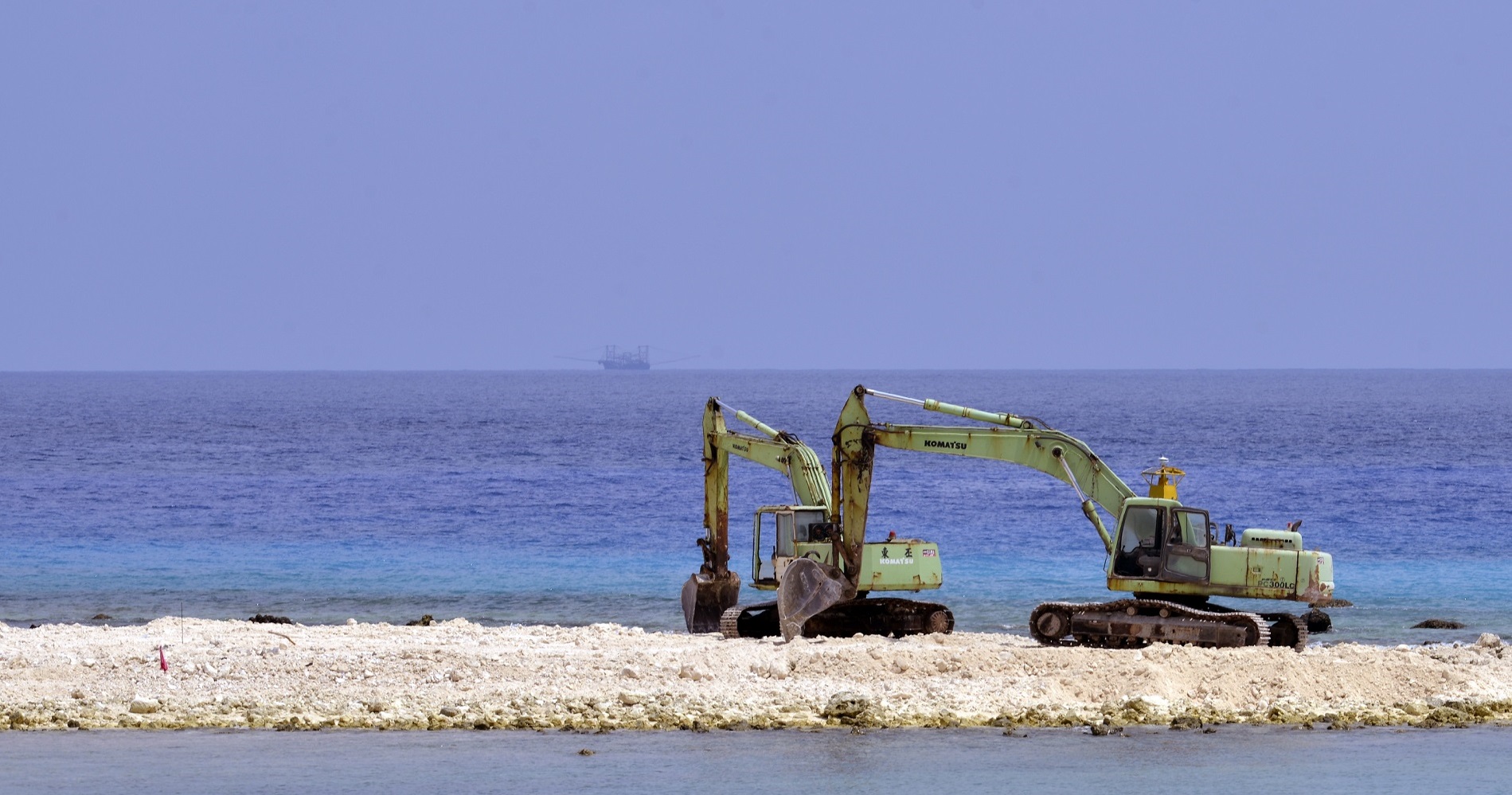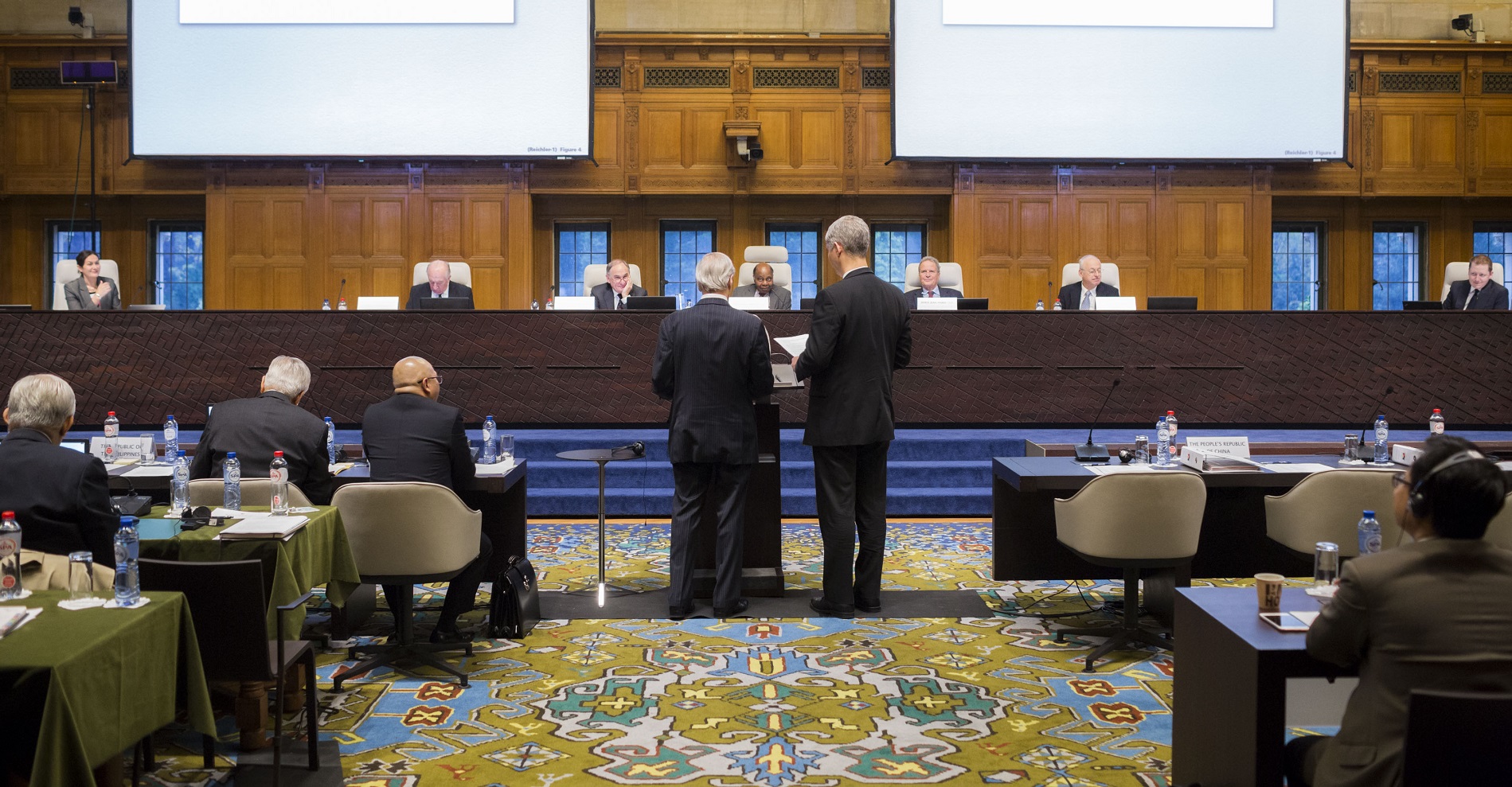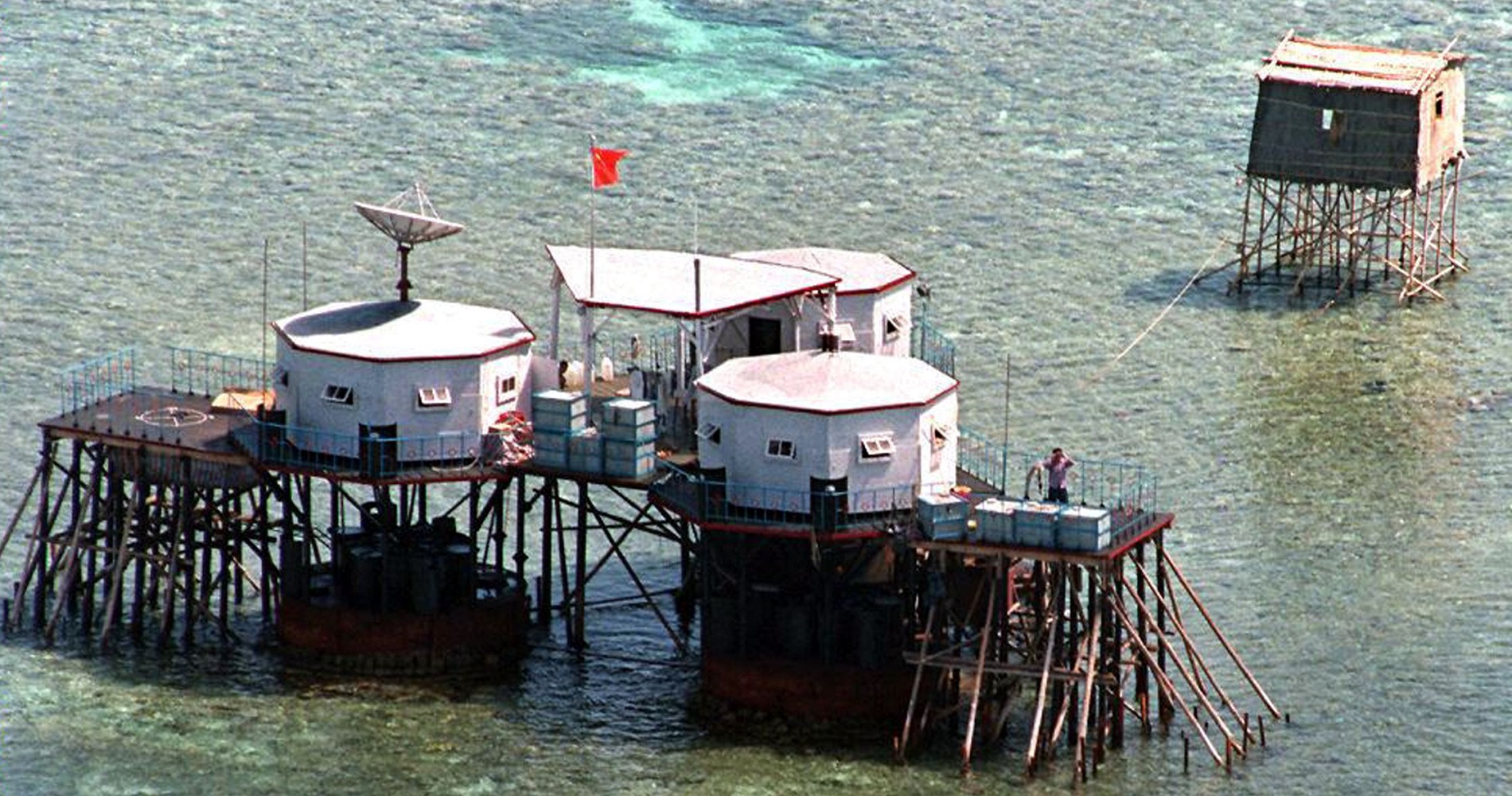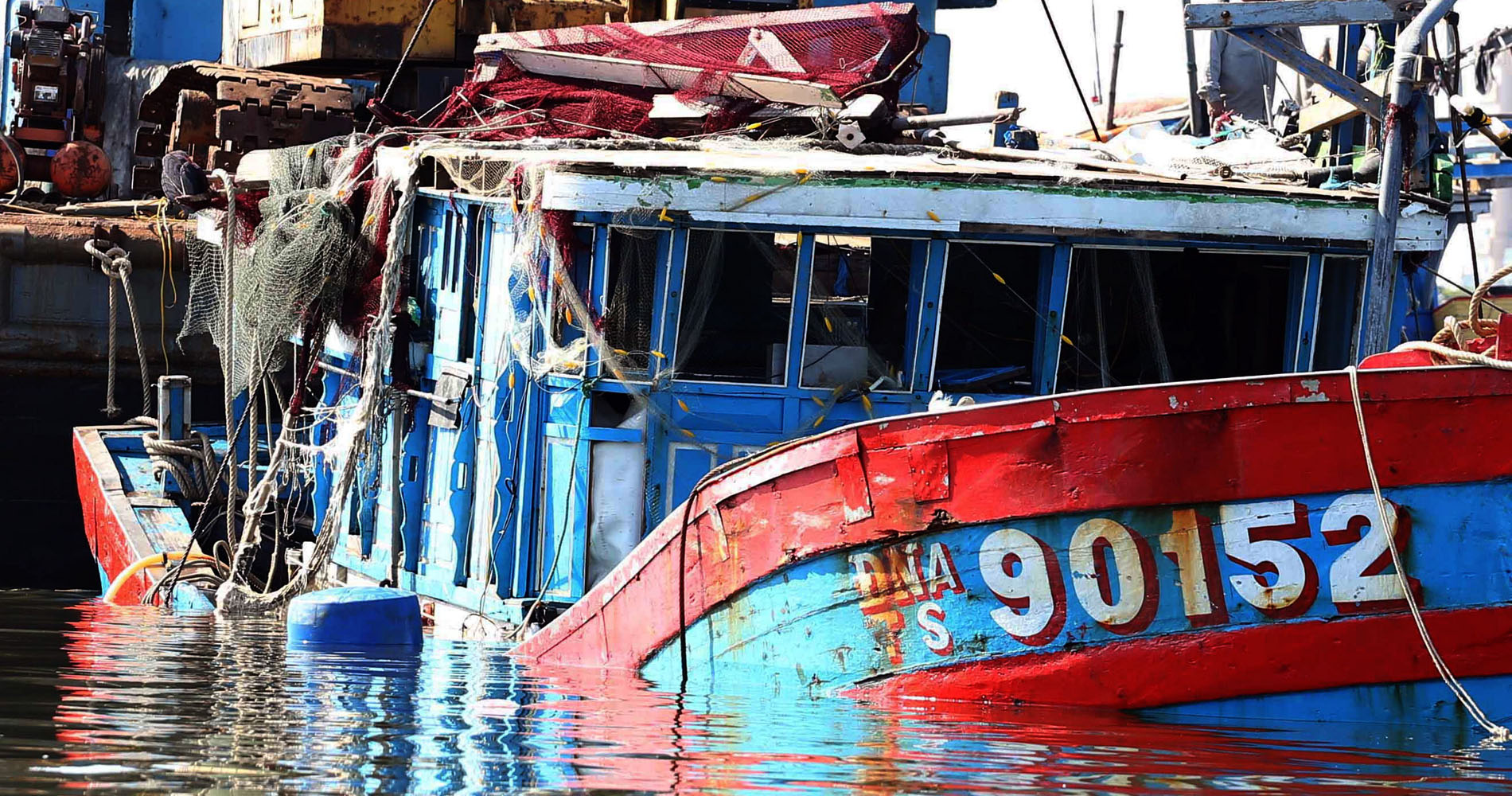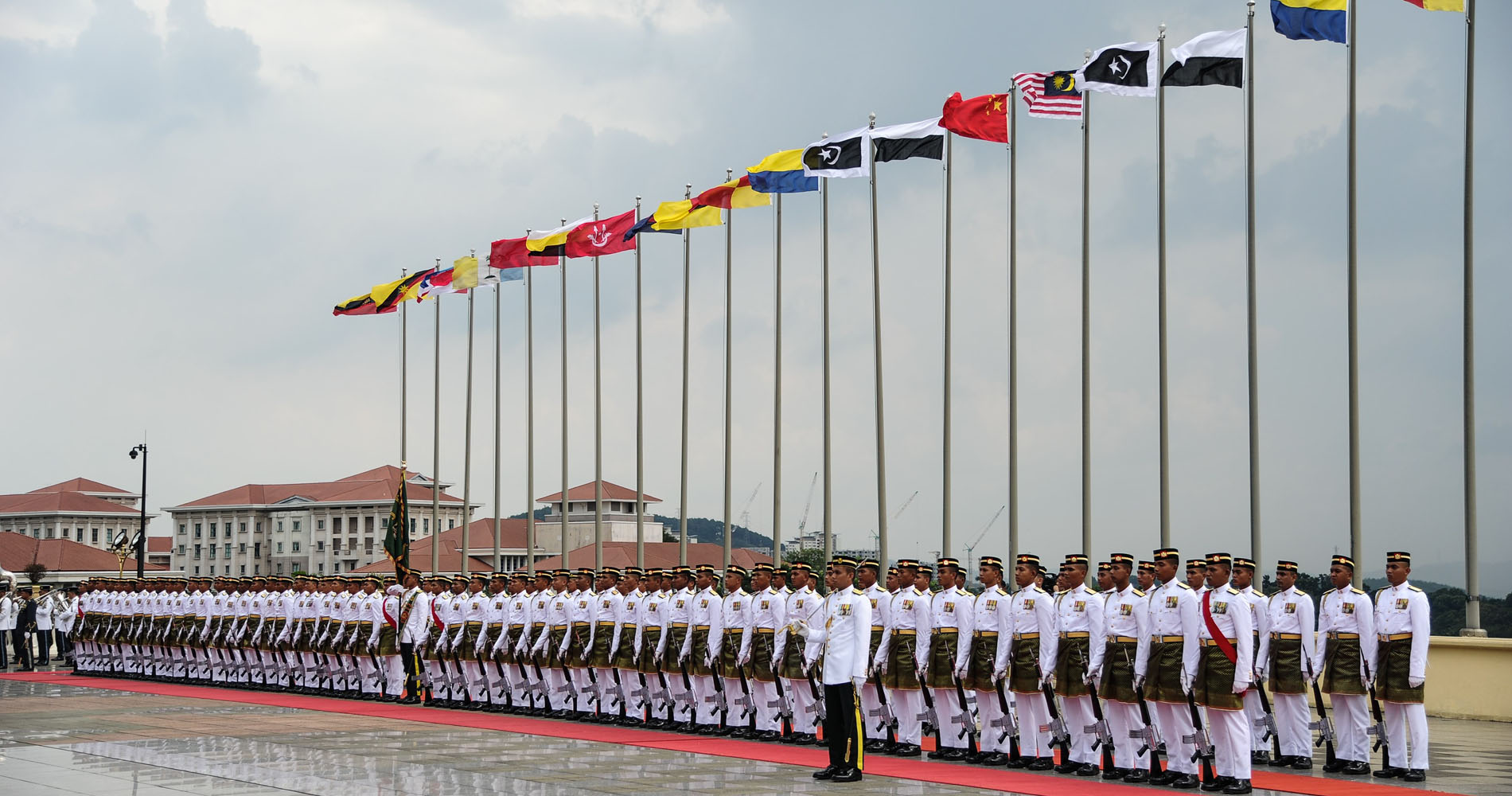The Role and Use of International Law in the South China Sea Disputes
While the role of international law, including the law of the sea, is integral to understanding how the events in the South China Sea unfold, there are two dominant strands of thought that capture current thinking but limit our understanding of how the law functions within and between the states in the area. These two legal narratives intersect between the poles of justice, power, and order in maritime affairs, and significantly hinder analytical assessment of how the law works in the maritime domain and may be used as a diplomatic tool to solve regional tensions. The first strand views law as… Read More »The Role and Use of International Law in the South China Sea Disputes

